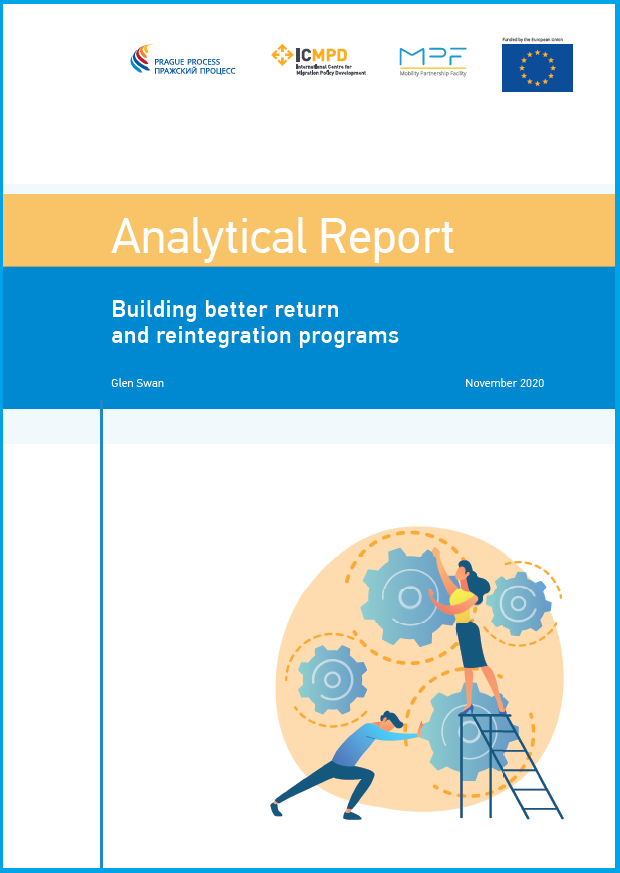Building better return and reintegration programs
30 November 2020
Reports
Return and reintegration programs are an important part of overall migration management. Most countries place significant emphasis on entry requirements to regulate migration inflows, and equal emphasis on return and reintegration is necessary. ‘Returns’ exist in three main categories: forced (where departure decisions are made by state authorities), voluntary (where departure decisions are made in consultation with the traveller) or self-managed (where the traveller makes all departure decisions). For the purposes of this policy paper, ‘return’ means predominantly ‘voluntary return’ or return other than forced return. Furthermore, this paper specifically addresses those return programs that link with some form of post-return assistance (reception assistance, post-arrival assistance, reintegration assistance) in the country of origin. It identifies efficiencies and methods that represent best practice and increase performance of the program. It also identifies new perspectives and new ways of viewing traditional policy and program settings. Return and reintegration programs are governed by traditional program settings and function in a standardised manner. However, it is important to recognise the limitations of general program settings. This paper examines the function and utility of these programs. Additionally, there is a discussion of major program features and operational challenges. The paper includes findings from a short examination of return and reintegration programs for all fifty Prague Process participant states.

